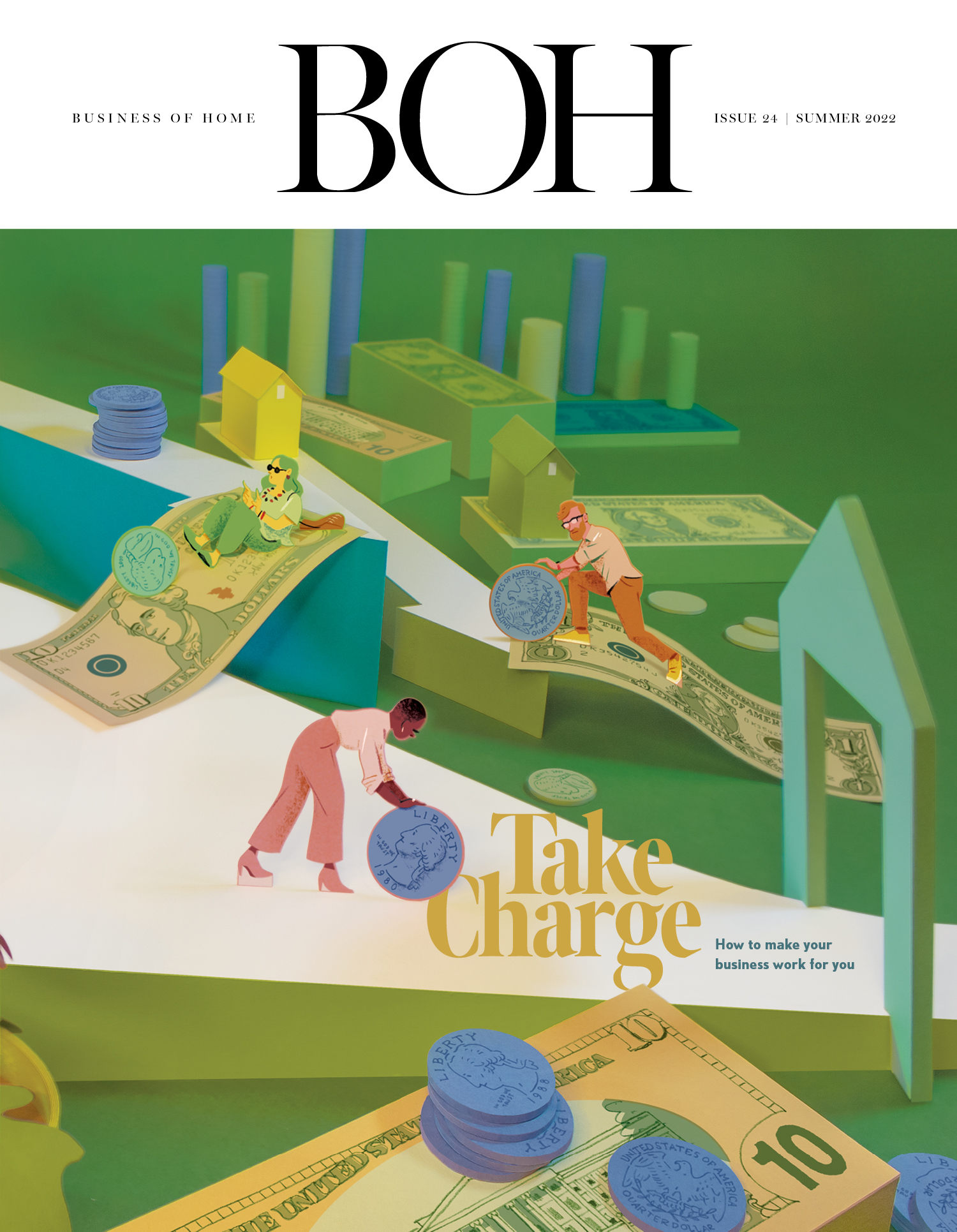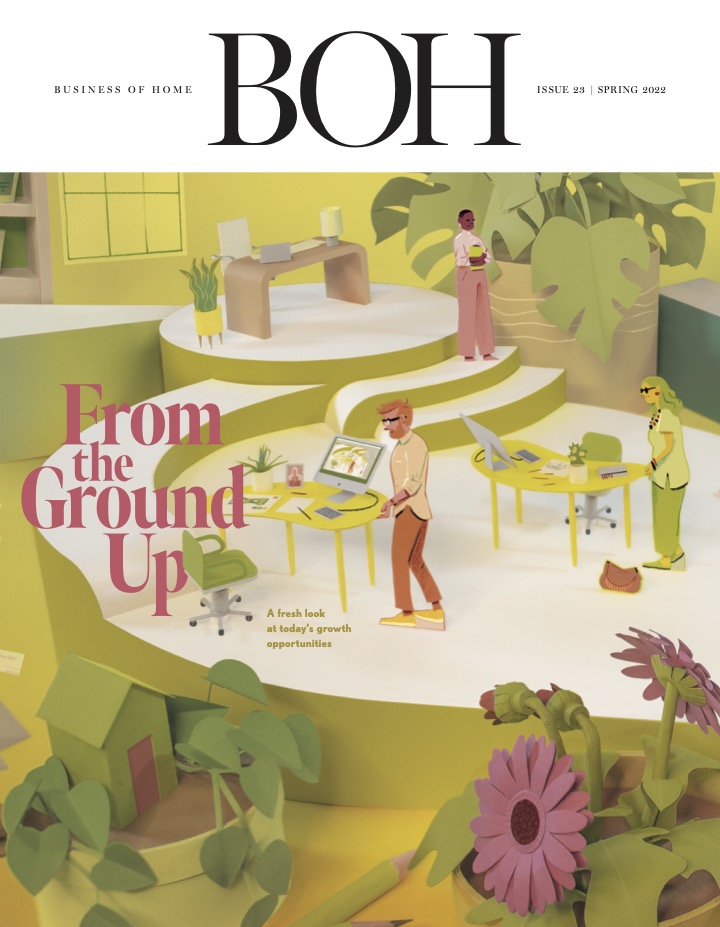The majority of architects and interior designers, 87% and 86% respectively, acknowledge that they are concerned with how products are manufactured with regard to sustainability, according to new research released today by IMRE. The research showed that the number of sustainable projects performed by architects and interior designers is projected to rise in the next year, and that sustainable products are often associated with higher cost.
These are some of the results released from the survey in which 812 architects and designers responded to an online survey fielded between September 19 and 23. The survey was spearheaded by IMRE, a full-service marketing agency specializing in the Home & Building industry, in conjunction with the American Institute of Architects (AIA) and the American Society of Interior Designers (ASID).
Doubts are cast on manufacturer claims about sustainable products.The way architects and interior designers view manufacturers' claims that their products are sustainable reveals that brands need to re-focus their marketing efforts to make their claims more convincing.
While most architects and interior designers pay careful attention to manufacturers' sustainability claims, both are similarly skeptical when asked if they are confident that products referred to as "sustainable" actually are.
40% of architects and 34% of interior designers are "uncertain" if products claiming to be sustainable are actually sustainable. Almost 22% of architects and 11% of interior designers are "somewhat" or "not at all confident" that products are actually sustainable. Only 2% of architects and 3% of interior designers are "completely confident" in manufacturers' claims that products are actually sustainable.
Professionals want to use sustainable products, with projected use on rise. Despite trepidation about the validity of manufacturers' sustainability claims, the sustainability project pipeline for architects and designers is projected to grow.
70% of architects and 49% of interior designers surveyed used sustainable products in their projects "very often" or "always" in the past year, and more than half of respondents from each group expect their number of designated sustainable projects will increase in the coming year. The primary reason architects and interior designers use sustainable products is because they want to, not because they need to.
Nearly 60% of architects and 56% of interior designers identified their own sense of environmental responsibility as the key driver for specifying sustainable products. Only 19% of architects and 20% of interior designers specify sustainable products when they are required to, either by project scope or client request. Government and industry incentives are the key driver for only 0.5% of architects and 1% of interior designers.
Sustainability is often associated with higher cost. Not surprisingly, cost was a factor in respondents' perceptions about the use of sustainable products, and is perhaps the reason why less than half of interior design clients and one-fifth of architect clients "rarely" or "never" request them. Nearly 90% of architects and 82% of interior designers said their clients think that sustainable products cost more. More than half of the professionals from both industries surveyed agreed that sustainable products are more expensive. Additionally, research showed that only one-quarter of both architects and interior designers believe their clients understand what the term "sustainability" means.






















